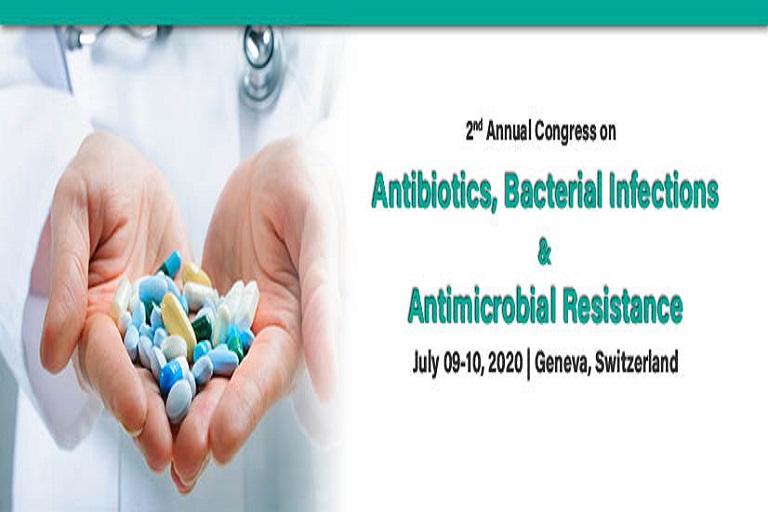Why Encrypting Patient Data Is Essential for Their Privacy
Data encryption is often a topic of discussion in healthcare cybersecurity. By law, a large amount of data needs to be carefully protected, which often involves encryption. However, a lot of people are not familiar with data encryption in much detail. The information below will help you to understand why it is important for patient data and why your organization may want to go above and beyond the statutory requirements.
Data Encryption
Imagine an analog patient file. It has the patient’s information written on it in plain English. The file can be put in a secure storage room, but if someone accesses that room or simply looks over the shoulder of a healthcare provider reading the file, he or she would know the patient’s information.
The same is true for digital patient data. It can be stored and transmitted in systems with security measures to keep unauthorized people out, but those measures may not be 100% successful. Encryption is a useful tool to ensure that the data cannot be easily read, even if someone gains access to it. Encryption is like writing the patient file in a special language that only authorized users know.
In reality, data encryption actually uses complicated math to transform data from plain language to an obfuscated collection of data. There are many forms of encryption. However, the most common types use a set of keys to allow encryption and decryption. Without the right key, a would-be hacker would have no way of reading the information even if he or she accessed it.
Protecting Patient Data
Healthcare businesses have significant legal requirements for protecting patient data. This is because there would be a serious breach of privacy should that information be accessed without authorization. In many cases, the patient could suffer significant, potentially irreparable, damages due to a data breach.
In other words, healthcare providers could be significantly liable if they do not take proper precautions to protect patient data. There are two primary areas in which patient data needs to be protected: storage and transmission. Encrypting storage means that if someone accesses your database, the sensitive information cannot be read. Encrypting data in transmission means that if someone is reading traffic between your health records systems, it would be unintelligible.
Managing Access
A major part of protecting patient data is managing who has access to it. Obviously, doctors, nurses and other relevant persons must have access to information about patients. However, you do not want to enable unauthorized access.
From a cybersecurity perspective, many organizations are using a zero trust methodology. In this arrangement, your digital systems will not trust any network traffic unless it has been affirmatively authorized. It is sort of like having people check in with security at the front desk of a hospital. Imagine if the rules were that someone could not even use the bathroom without first getting a badge from security. Zero trust helps to prevent hackers from finding sneaky ways into your systems through seemingly innocuous network traffic.
Meeting Regulatory Requirements
Surprisingly, the encryption requirements for HIPAA and other regulations are quite vague. This is because the writers of the law knew that technology is constantly advancing, and overly specific language could inhibit security in the future.
Nonetheless, despite not being strictly required, data encryption is a practical requirement. Healthcare organizations have a statutory responsibility to protect their patients’ data and privacy. To do this, encryption should be part of the equation. It is one of the most reliable ways to ensure that data is not exposed to hackers.
Of course, encryption should be paired with other cybersecurity measures. A comprehensive approach can help to ensure that data is secure, and liability is managed.
Learn More
Discover more about data encryption and protecting patient data. The more you understand the tools available and your legal responsibilities to protect patients, the better you will be able to make cybersecurity decisions.




































